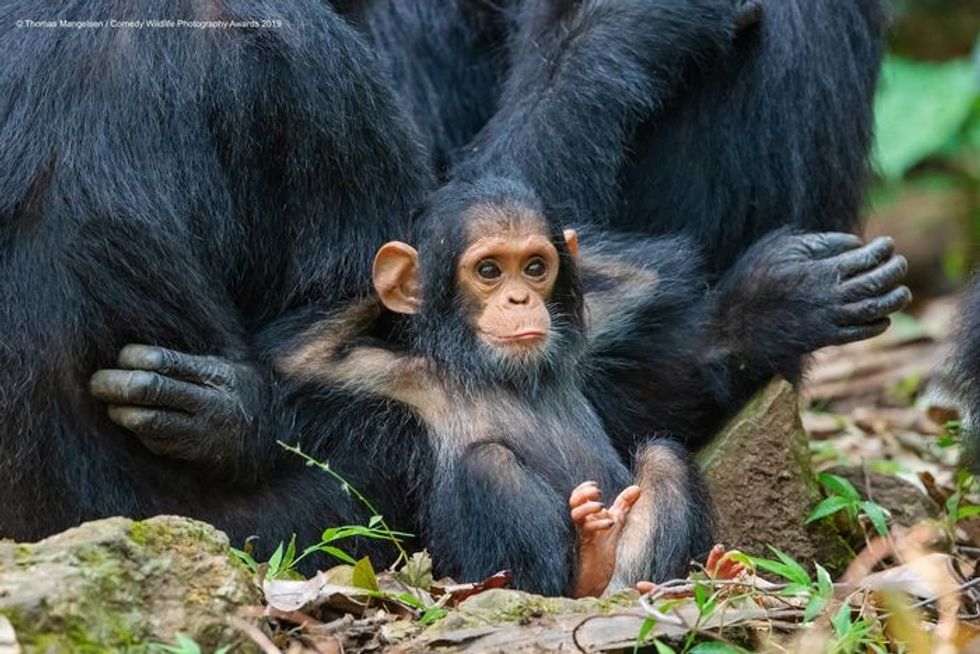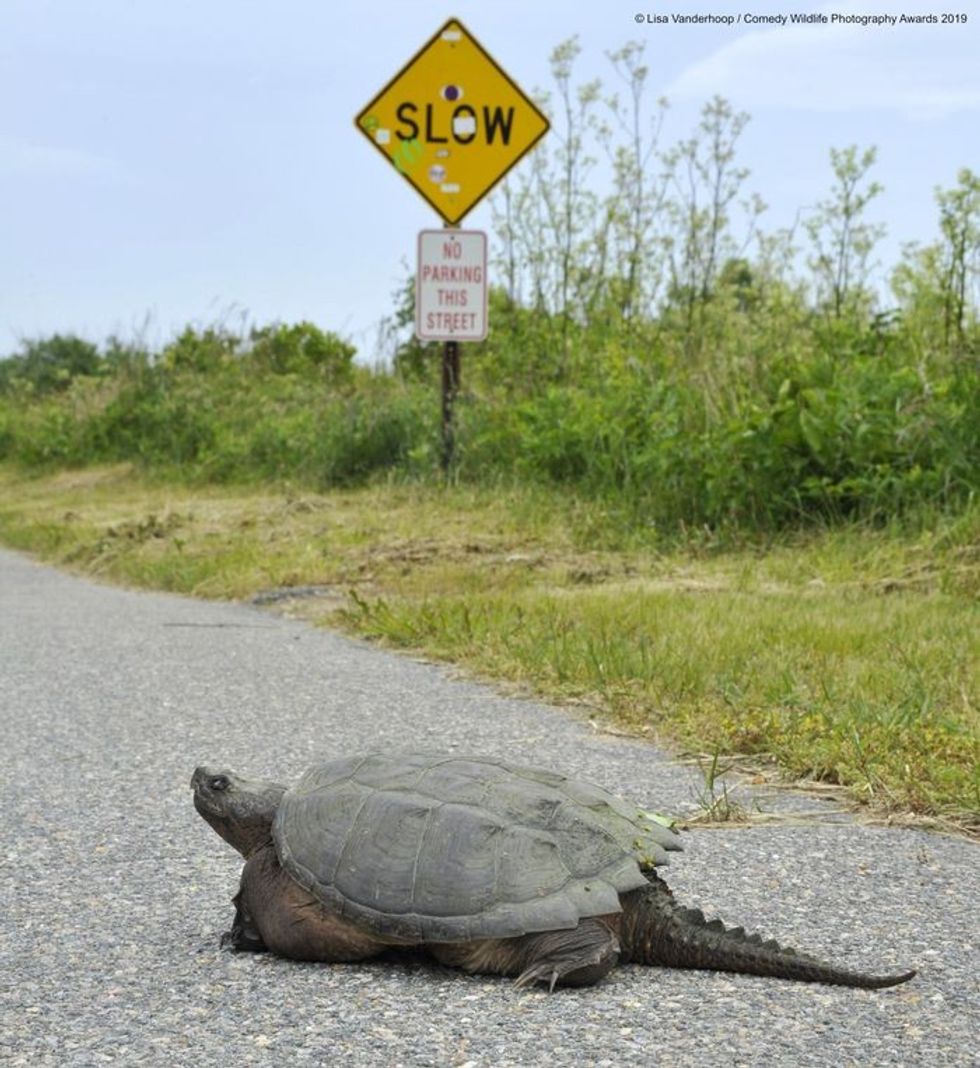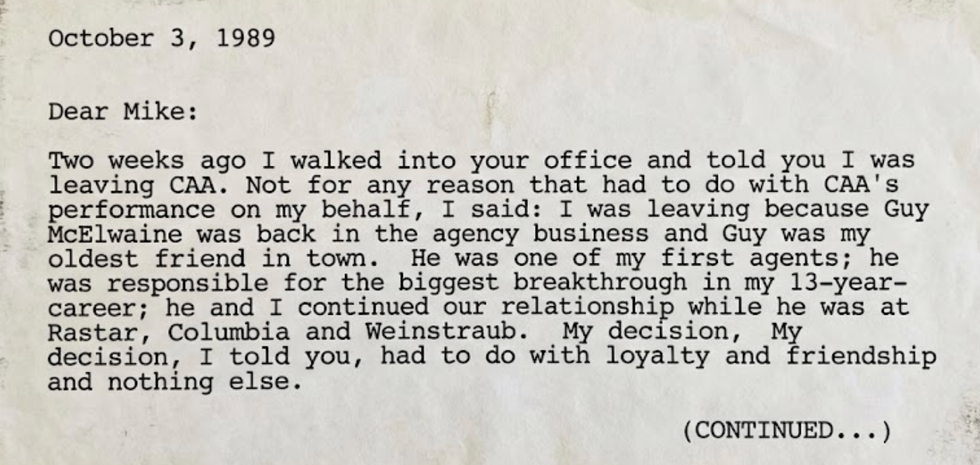Food waste in the United States is a major ecological and moral problem. According to the Environmental Protection Agency, Americans in 2015 wasted 31% — or 133 billion pounds — of their overall food supply.
This is a tremendous waste of natural resources, contributes to climate change, and squanders food that could be saved for the country’s most vulnerable. Two years ago, the EPA decided to address the issue by announcing a new goal of reducing food waste by 50% by 2030.
The students at Texas Christian University (TCU) in Fort Worth have stepped up to meet the challenge of reducing food waste. Last spring, students organized to create the TCU Food Recovery Network. It began by donating leftover food from its dining halls to the Union Gospel Mission of Tarrant County homeless shelter. When the football season started, the group expanded its donation efforts by collecting the unused food served in the suites and club seats at each TCU home game.
The haul from their first game netted over 1,000 pounds of food for the shelter. “Everything that gets brought here gets used,” Robert Clethan, the food services director at the Union Gospel Mission, told the Star-Telegram. After the game, the food is frozen then transported to the shelter by the TCU Food Recovery Network the next day. The donations consist of delicious game-day munchies — including brisket, chicken wings, cornbread, potato salad, and cookies.
The Union Gospel Mission serves meals to about 300 people three times a day, so the food is truly a godsend. According to its website, its mission is “providing love, hope, respect and a new beginning for the homeless. We strive to end homelessness one person at [a] time.”
TCU’s efforts are a wonderful example for universities everywhere looking to reduce food waste while aiding their communities. “People really want to help out, but they don’t know how to help out sometimes,” Clethan said. “They just need to know there’s a place like this that can use things like that.”

















 A young lion playing with an older animal
A young lion playing with an older animal A colorful bird appears to be yelling at it a friend
A colorful bird appears to be yelling at it a friend An otter appears like it's holding its face in shock
An otter appears like it's holding its face in shock Two young foxes playing in the wild
Two young foxes playing in the wild Two otters appear to be laughing together in the water
Two otters appear to be laughing together in the water A fish looks like it's afraid of the shark behind it
A fish looks like it's afraid of the shark behind it A bird appears to be ignoring their partner
A bird appears to be ignoring their partner A squirrel looks like it's trapped in a tree
A squirrel looks like it's trapped in a tree A bear holds hand over face, making it appear like it's exhausted
A bear holds hand over face, making it appear like it's exhausted A penguin looks like its trying to appear inconspicuous
A penguin looks like its trying to appear inconspicuous A young squirrel smells a flower
A young squirrel smells a flower An insect appears to be smiling and waving at the camera
An insect appears to be smiling and waving at the camera An otter lies on its side apparently cracking up laughing
An otter lies on its side apparently cracking up laughing Two monkeys caught procreating
Two monkeys caught procreating A young chimp relaxes with its hands behind its head
A young chimp relaxes with its hands behind its head A snowy owl appears to be smiling
A snowy owl appears to be smiling  A monkey holds finger to face as if it's lost in thought
A monkey holds finger to face as if it's lost in thought A turtle crossing the road under a 'slow' sign
A turtle crossing the road under a 'slow' sign A polar bear lies on its back like it's trying to hide
A polar bear lies on its back like it's trying to hide A rodent strikes human-like pose
A rodent strikes human-like pose
 An excerpt of the faxCanva
An excerpt of the faxCanva

 Robert Redford advocating against the demolition of Santa Monica Pier while filming "The Sting" 1973
Robert Redford advocating against the demolition of Santa Monica Pier while filming "The Sting" 1973


 Image artifacts (diffraction spikes and vertical streaks) appearing in a CCD image of a major solar flare due to the excess incident radiation
Image artifacts (diffraction spikes and vertical streaks) appearing in a CCD image of a major solar flare due to the excess incident radiation